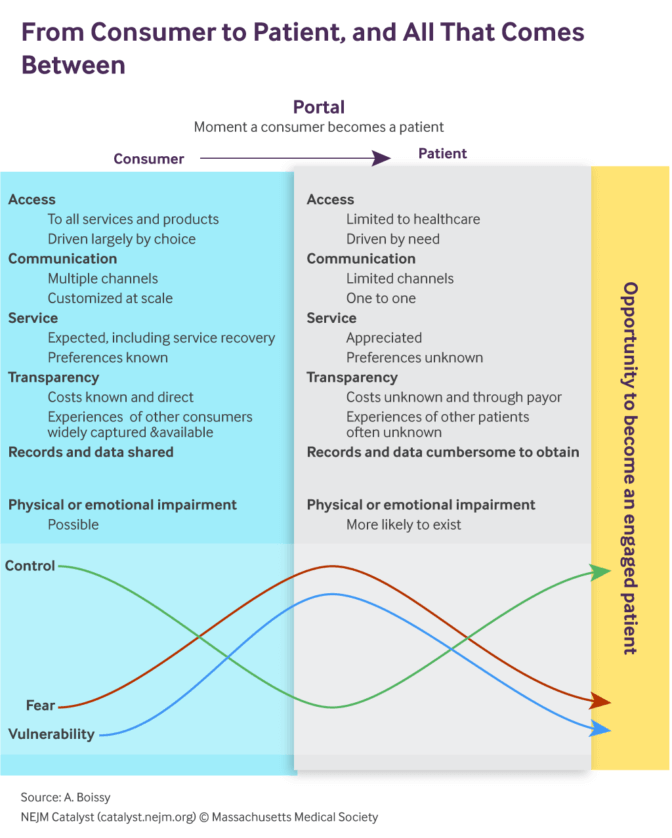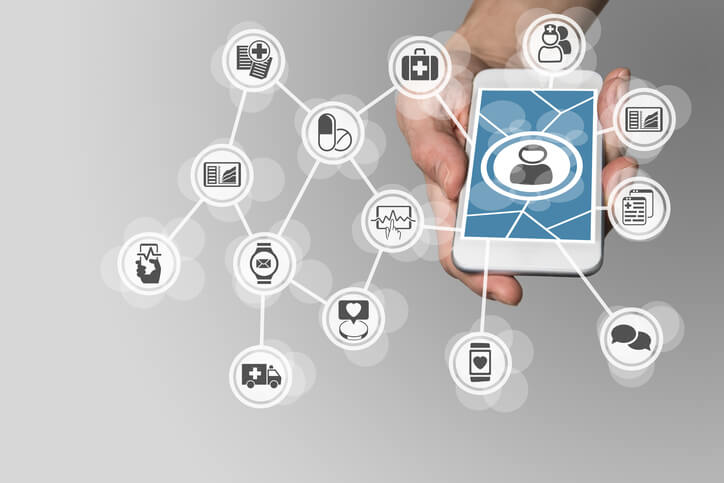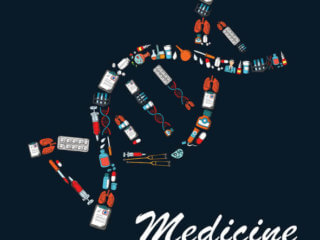Digital preventive healthcare means better patient outcomes
Smart healthcare systems to overcome challenges of digital healthcare technologies in hospitals
The digital preventive healthcare has many extending roots into different technological aspects. Initial applications of digital healthcare technologies were limited to mobile phones and computers. With the advent of ‘smartphones’ that go hand-in-hand with real-time patient data collection, improved communication, consultations, management of medications and treatment schedules, the possibilities of digital technologies in healthcare grew exponentially.
The use of electronic health records (EHR) in combination with other eHealth, telehealth, and mHealth possibilities is quite established in most hospitals in the world. However, hospitals require tremendous efforts from not only HealthIT professionals who maintain a functional network of digital healthcare tools, but also from healthcare providers, assistants, administrators and patients to meaningfully and effectively use these tools.
Unfortunately, maintaining functional digital healthcare facilities in a hospital can be costly, especially for smaller and rural hospitals (Altarum_Institute, 2011). The concepts of ‘smart healthcare model’ was brought into light to address some of these challenges by using available resources or integrating the most critical aspects of digital healthcare into the hospital care system and using them smartly. A study conducted by IBM discussed a smart combination of digital healthcare tools that may be essential for any hospital, which included Electronic medical records, Clinician and patient portals, Health information exchange solutions, Health analytics and Advanced clinical decision support (IBM, 2010).
Figure source: http://www.businesskorea.co.kr/sites/default/files/field/image/9_17.jpg
Smart hospitals: the new portals to digital preventive healthcare delivery
Further expanding the smart healthcare model, HealthIT professionals have implemented ‘Smart hospitals’. These are no longer the ‘hospitals of the future’, the future is already here. According to an article published by Meditek, the smart hospitals have three major smart-features,
1) Digital Patient Experience,
2) Smart Workflows and
3) Telehealth Programs and Software to Reduce Hospitalization Rates” (Meditek, 2017).
Digital patient experience is defined by the digital technologies that are established to provide optimal patient engagement in the clinical decision-making process, 24/7 coordinated consultations with healthcare providers and specialists around the world and management of their own patient records. More interestingly, robotic technologies will also be involved in digital patient experience (Meditek, 2017). This concept works better when a patient is viewed as a consumer of healthcare (Boissy, 2017) which changes the perspectives by which the available resources are utilized by the patient (Figure 1).

Image courtesy of NEJM Catalyst (Boissy, 2017)
The Smart Workflows is a concept that is highly dependent on interoperability which enables efficient and smart functioning of multiple medical devices and digital healthcare technologies. It’s been reported that the first Canadian smart hospital Mackenzie Vaughan Hospital which is anticipated to be completed by 2020 will have approximately 75 Smart Workflows each designated for a specific task such as responding to code blue (Meditek, 2017).
| Recommended for you | |
| Will Medical Internet of Things (Iot) trigger a digital healthcare revolution? | |
| Alibaba vs IBM: Competing for digital health cloud | |
| Digitization of preventive healthcare |
Using telehealth apps to carry out virtual consultations
Telehealth programs and software to reduce hospitalization rates are aimed at reducing the most critical financial wastes in the healthcare system. Therefore, smart hospitals use telehealth apps such as Skype, emails, video conference calls to carry out long-distance coordinated consultations and computer applications to reduce errors that prevent or reduces re-admissions of patients (Meditek, 2017).
An eBook, written by Holzinger et al., 2015 summarizes the key features of smart hospitals as “the medical doctors are supported by their smart mobile medical assistants on managing their floods of data semi-automatically by following the human-in-the-loop concept. At the same time, patients are supported by their health assistants to facilitate a healthier life, wellness, and wellbeing.” (Holzinger et al., 2015).
Smart hospitals utilize cloud computing services, and machine learning or artificial intelligence concepts to collect, store, analyze and integrate into the clinical process. With the ‘Big Data’ coming into play at the hospitals, big data analytics are also an integral part of a smart hospital model (Taylor, 2017).
In other words, smart hospitals are predicated upon the use of the Internet of Things to create a functional and smart clinical infrastructure within the hospital.
Image credit: www.istockphoto.com


















Thanks for sharing important information. But now the revolution in healthcare service has been achieved. Technological automation makes medical service more efficient. The cloud-based computing system is using frequently. So to cope with the present era every healthcare service provider must have an integrated hospital management system likeathenaClinicals, Halogen TalentSpace for Healthcare, Veristream, Bdtask HMS etc. this automation system helps ensure customer satisfaction & maximize profits.
Of course, Bill Gates expressed his vital thought
“The first rule of any technology used in a business is that automation applied to an efficient operation will magnify the efficiency. The second is that automation applied to an inefficient operation will magnify the inefficiency”.